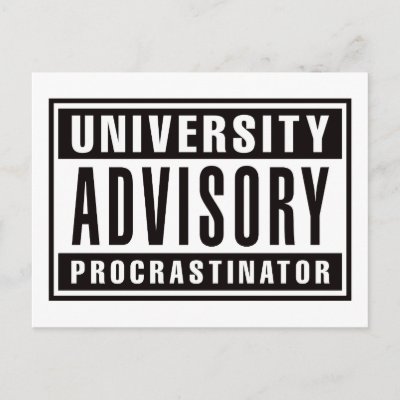I am a staunch believer in freedom of expression. I read INFIDEL not because I ascribe to Ms Hirsi's beliefs but because I was curious what the big hoopla was about her. I found the book to be a narrative of her life and didn't fault her for putting it down. Reading the book, I found myself chuckling at things she wrote that at one time I also questioned. I didn't see much in her book that made me want to harm her. Her narrative mirrored a lot of Somali women's narrative. There was nothing special about her story and she knows it, but what sets her apart from the Weris Diriye's is the fact that Ms. Hirsi is a calculating woman. She, unlike Weris, is knowledgeable and aware of what her opine means in the greater context of the discourse of
Islam in the West.
Her new book Nomad is out and hopefully I will get a copy soon, but what prompted my post was a review I saw on
huffingtonpost regarding her book. As an afterthought, the writer writes :
I do get the sense once in a while in the second half of Nomad, which discusses her arrival in America, that Ayaan Hirsi Ali is a little starry eyed about the West. Yes, Christianity at its best is about love; and no, it is not an all-encompassing theocratic order. But in its fundamentalist reaches the literalism and dogma of evangelicals generates plenty of intolerance, hypocrisy and familial dysfunction. And let's don't forget about the sex scandals in the Catholic Church.
Also, no doubt, in contrast to her experience of misogyny and polygamy Western men look pretty good. But to suggest they are nearly always upright and faithful to their wives and family is to ignore the reality of so many ugly divorces, forlorn children raised by the media, battered spouses and deadbeat dads. Certainly, the West has its fair share of desperate housewives.
Many Muslim readers will have bigger squabbles. How much does Hirsi Ali's experience, in which faith and clan are fused, tell us about, say, modern Turkey or Iran? Others, like Abolhassan Bani-Sadr, the Shiite theorist and first president of revolutionary Iran, will argue that the concept of "Tawhid" -- that the whole of existence is one -- understands that freedom, not submission and domination, is the path to the divine. Yet, admittedly, he lives in exile outside Paris like Trotsky in Mexico City while "actually existing Islam" is run by the Revolutonary Guard back in Tehran.
Above all, like Hirsi Ali's first account of her defection from Islam, Infidel, the power of this book is that it was written in "good faith" as Nicola Chiaromonte meant it: As a witness to her moment, Hirsi Ali calls it as she sees it. She has arrived at her beliefs not by retreating into orthodoxy out of fear of uncertainty or through the nihilism of indifference, but because experience has led her to them. If she wants to live in this world as a free women, here she must stand.
Ms Hirsi is a smart woman who has calculated that her experiences give her a unique perspective that is much needed fodder for the anti Islamic sentiments out there. Unfortunately those of us who speak up against her, without understanding where she is coming from, help her in painting her portrait more succinctly. We would do well to educate ourselves on the issues she raises and counteracting them instead of wildly throwing abuse at her.


